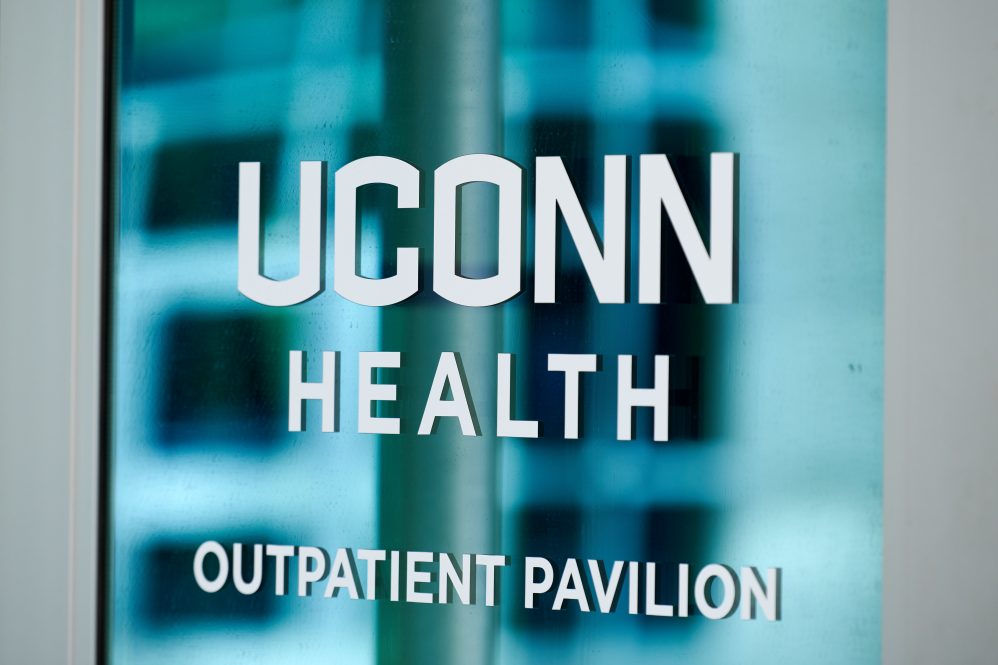Diversity supports scientific innovation and education. Yet, diversity remains a significant challenge for science, technology, engineering, and mathematics (STEM) fields.
Despite making up 30% of the U.S. population, racial and ethnic minorities account for only 9% of STEM PhD recipients.
Increasing diversity in STEM programs is an important research priority. It can help ensure underserved populations or those with significant health disparities benefit from health research.
UConn Health professor of cell biology Kimberly Dodge-Kafka is leading a summer research program to mentor undergraduate students from underrepresented populations. The goal of this program is to inspire and encourage these students to pursue graduate studies and research careers in biological sciences.
This program is supported by a $138,000 grant from the American Heart Association.
“Science benefits from diversity,” Dodge-Kafka says. “To help build a sustainable future for research that truly represents society, universities as well as national funding agencies must encourage participation in science from as many sectors of the population as possible.”
Analyzing the applications to the UConn Health Biomedical Science program from the past five years revealed that some students from underrepresented groups had a limited number of research experiences compared to their peers. They also did not have access to the same kind of mentorship and career development opportunities.
“A deficiency of research experience and skills, whether perceived or real, can preclude undergraduates from considering careers in biomedical science,” Dodge-Kafka says.
Four students from underrepresented groups or with disabilities will participate in the 10-week Cardiovascular Research Experiences for Multicultural Students (CREM). Students will be recruited from throughout the United States.
Students in CREM will work on traditional lab-based research projects in fields that directly impact cardiovascular disease and participate in workshops, seminars, and courses. This will help students understand the rigorous demands of a career in the biological sciences. Students will be able to practice and grain confidence in the skills necessary for success in the field.
Students will work closely with faculty who have a strong history of supporting students who go on to have successful scientific careers and receive purposeful academic and career guidance.
This program will help incorporate burgeoning scientists into the strong scientific community UConn has established among faculty, staff, students, and alumni.
This evidence-based program will encourage students to continue their studies at UConn Health or other accredited universities. This will help diversify the biomedical workforce in Connecticut and beyond.
This program dovetails with the UConn Health Graduate School sponsored Undergraduate Summer Research Internship Program in Biological And Biomedical Sciences.
Dodge-Kafka holds a Ph.D. in signal transduction from Texas A&M University. Dodge Kafka’s lab focused on intracellular communication networks that promote specificity in signal transduction.



